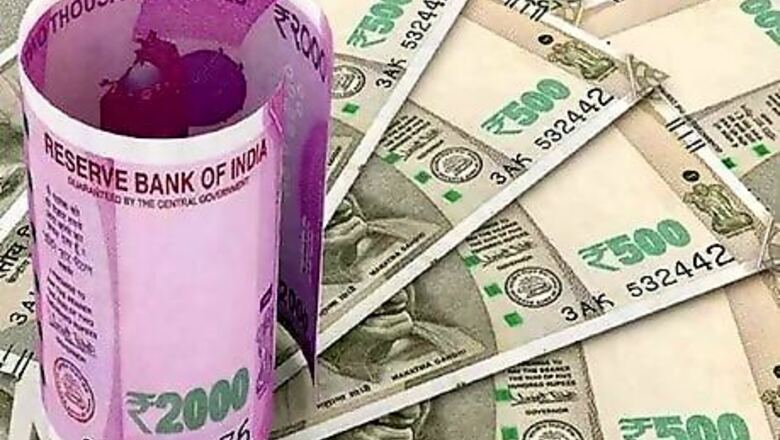
views
In a bid to provide liquidity boost to COVID-19-hit small and medium scale industries, India’s principal financial institution for MSMEs – Small Industries Development Bank of India (SIDBI) has unveiled a revamped version of its liquidity scheme. SIDBI will work to provide liquidity support by urgent infusion of funds through its new Direct Finance Window (LIQUID) 2.0. For its existing customers, SIDBI has brought in LIQUID 2.0 under which it will be providing term loan for the purpose of executing new orders, purchase of raw materials, equipment, clearing unpaid creditors etc. The bank added that MSMEs will also get the assistance of up to 20 per cent of their highest outstanding in the previous 12 months subject to a maximum of R 1.5 crore and aggregate exposure of Rs 2.5 crore under the first and second version of the new liquidity scheme.
The unique features of the LIQUID 2.0 are — a)Zero contribution from the promoters of the enterprise, b) Subsidised interest rate, c)Low processing fee, d)No prepayment charges, e) Simplified process, f) Quick sanction and faster disbursement.
The new liquidity offerings come in continuation of the various measures taken by the SIDBI and the government to provide a lifeline to the MSMEs struggling with the impact on business due to the COVID-19 lockdowns. The central government made several initiatives to bring reforms to improve the ease of doing business conditions, especially for these small and medium-size industries. The new reforms meant that the government would work to provide a more conducive environment for MSMEs and eliminate ‘inspector raj’ in business-related licenses. The government shifted to a digitalized random inspection system that would reduce the harassments faced by entrepreneurs managing these MSMEs.
Despite the challenges faced during the COVID-19 pandemic, 20 states have now adopted this system who were now eligible for additional borrowings worth Rs 39, 521, said PM Modi in a LinkedIn blog. State that implemented this new reform will now be eligible for additional borrowing of 0.25 per cent of their Gross State Domestic Product (GSDP).
Read all the Latest News, Breaking News and Coronavirus News here.




















Comments
0 comment